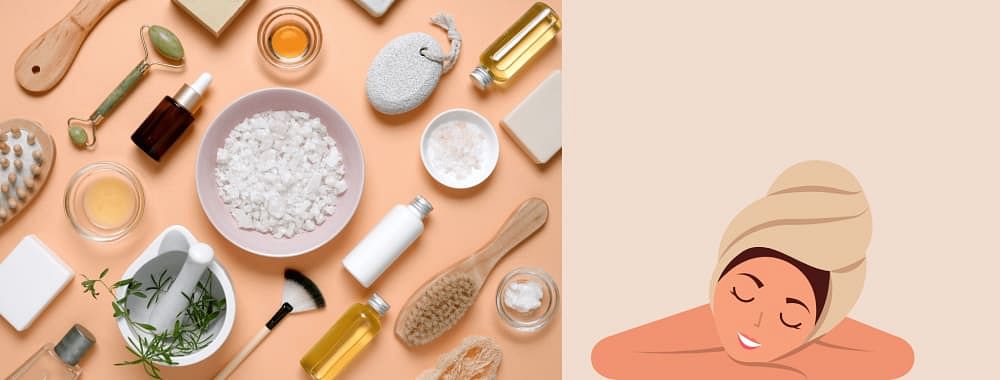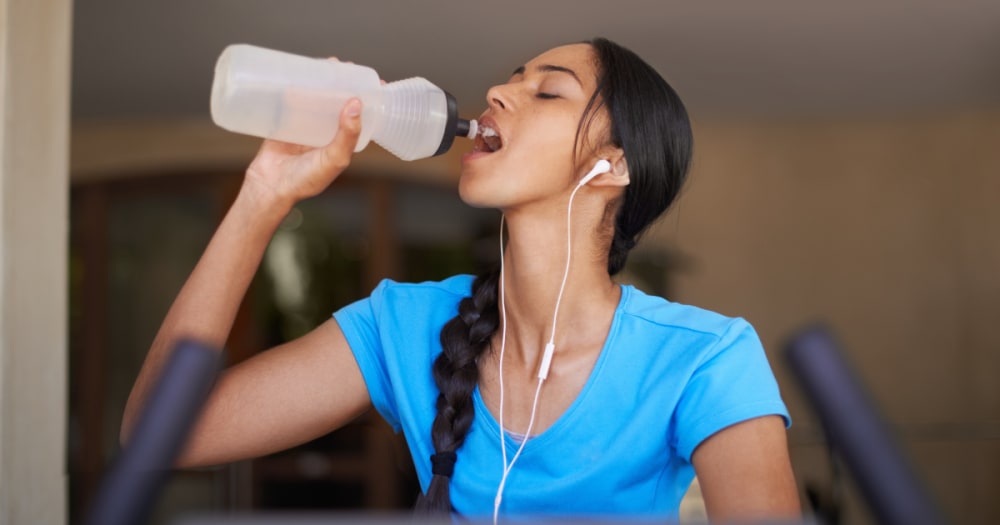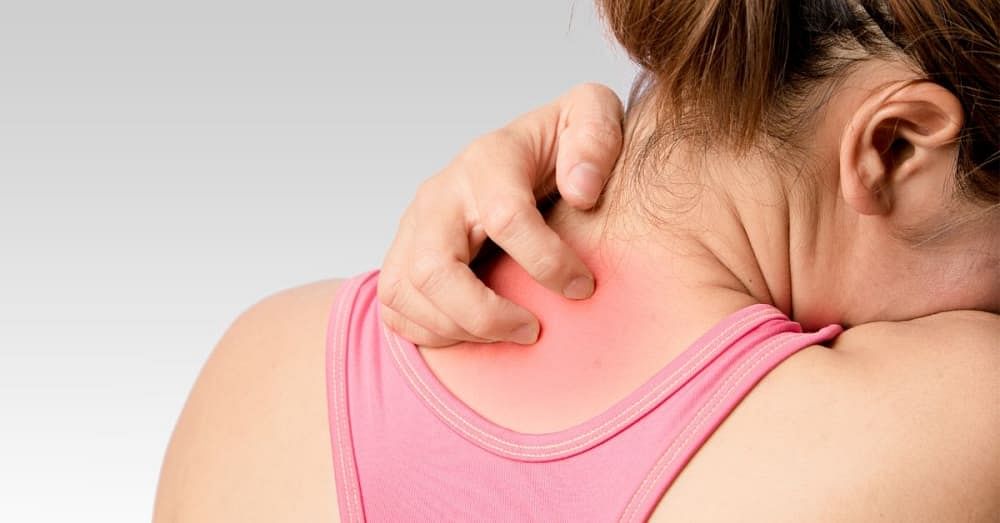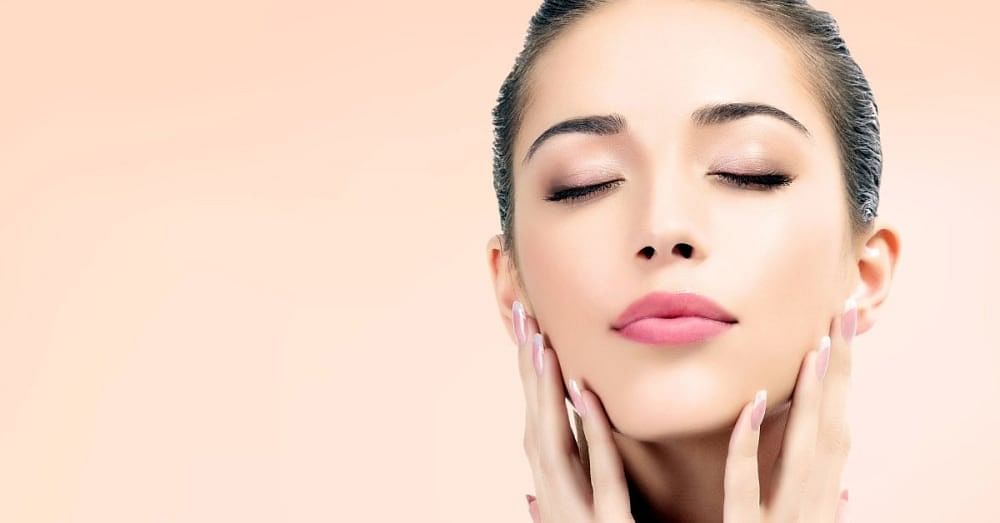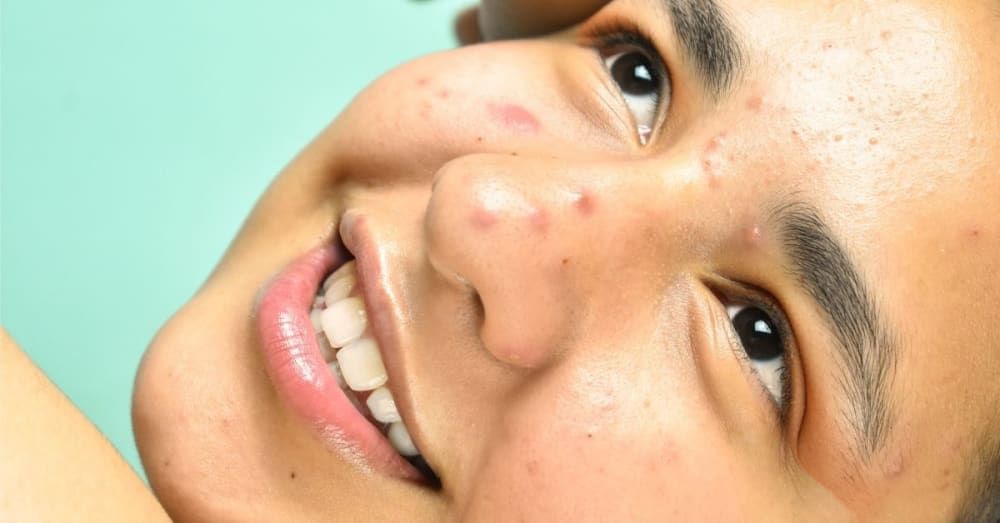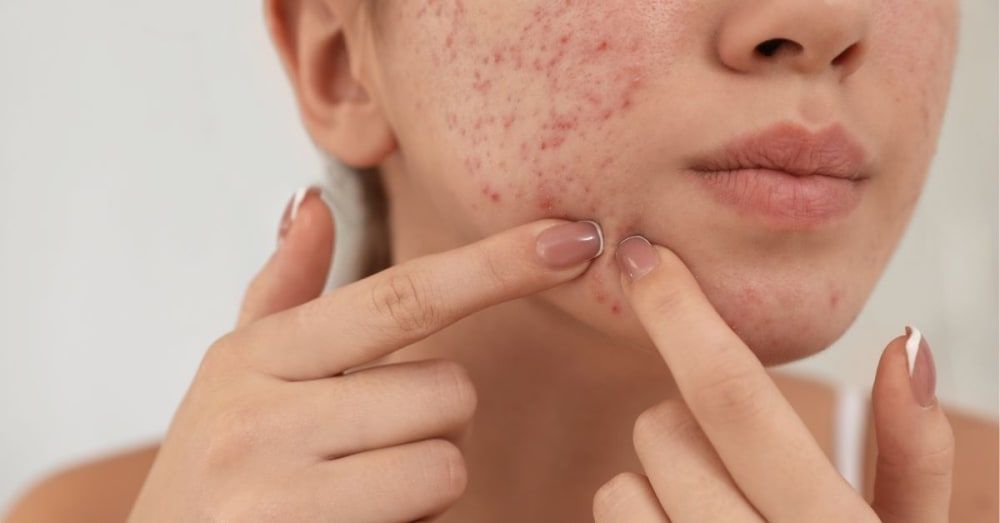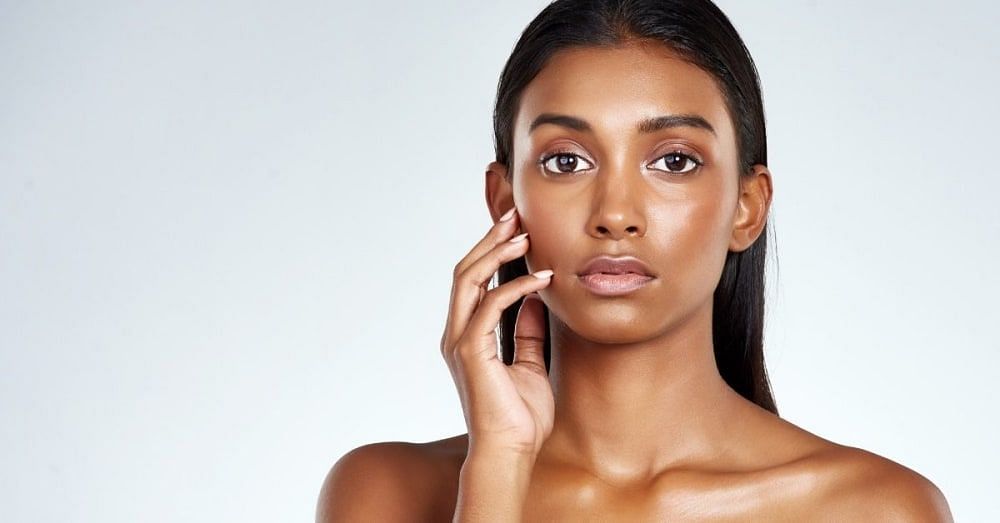Whether you are a newbie at skincare or a seasoned enthusiast, the key to having glowing skin is hydration. The importance of hydration is also one of the most misunderstood concepts of skincare. Hydration is not relegated to those who have dry skin but is a necessary component for everyone’s skin. A sign of healthy skin is hydration and everyone, no matter their skin type, must ensure that their skincare routine accommodates for the same. If you are wondering how to have hydrated skin, then you have come to the right place.
Moisturizing Vs Hydrating Skin
While many brands might use moisturizers and hydrators interchangeably, there is a significant difference between the two. Moisturizers form a protective barrier on the skin, sealing the water content within the barrier. Hydrators, on the other hand, absorb water from the skin or atmosphere and hold it in the skin.
Hydrators and moisturizers should be chosen carefully to keep your skin supple and youthful. Your skin type will be a big determiner of which type of product to use. A good way to determine the difference between the two is to look at the products’ ingredients list. Moisturizers contain occlusives and emollients, both of which are oil-based. Hydrators contain ingredients known as humectants.
Common occlusives in skincare products:
- Petrolatum.
- Mineral oil.
- Paraffin.
- Squalene
Common emollients in skin care products:
- Shea butter.
- Cocoa butter.
- Lanolin.
- Beeswax.
Common humectants in skin care products:
- Glycerin.
- Sodium hyaluronate.
- Hyaluronic acid.
- Propylene glycol.
- Butylene glycol.
- Sodium PCA.
- Sorbitol.
- Allantoin.
How to Hydrate Skin
The great news when it comes to hydrating your skin is that there are a great variety of products available. From sheet masks to serums to natural home remedies, the options are plenty and you can experiment till you find the right fit for your skin.
Serums
Serums are formulated to deliver a high dose of an active ingredient to your skin. They are thinner than regular moisturizers. They are meant to be used along with moisturizers which help lock in the product. If you have dehydrated skin, then serums are your best bet. Try a hydrating serum which contains hyaluronic acid. This active ingredient is naturally occurring and retains up to 1000 times its weight in water. Be sure that your face is slightly damp before applying the serum especially if you live in a dry climate region.
Sheet Masks
A popular form of hydration from South Korea, sheet masks are all the rage. Typically, these contain a sheet soaked in actives which are then placed on your face for a specified time. Most sheet masks contain great active ingredients, usually in the form of a serum, that will help your skin hydrate. However, since most sheet masks come individually packaged, they might not be very eco-friendly. They are a great option when you are travelling or if you need a shot to increase skin hydration.
Gels or Creams
These are marketed as moisturizers. Hydrating gels and moisturizing creams contain active ingredients that are formulated just to help your skin hydrate. They can contain either humectants and occlusives or both. These products are usually applied as the last step in your skincare routine before you apply sunscreen.
Natural products or home remedies
There are many natural skin hydrators that you can try. In fact, many of these ingredients, in some form of the other, occur in many formulated skin care products. Some hydrating natural ingredients you can consider include:
- Sunflower oil
- Oatmeal milk
- Honey
- Aloe Vera
- Olive oil
You can create a hydrating facial at home using one or more of these ingredients.
One aspect of good skin hydration that cannot be overlooked is drinking enough water. You should aim to drink at least two litres of plain water every day to ensure that skin is hydrated. No matter how many expensive products you use, if your body is not getting enough water, your skin will not be hydrated either.
Hydration for Different Skin Types
Different skin types need different products for hydration. Read the ingredient list to ensure you are using the right product for your skin type.
Oily Skin
There is a big myth that people with oily skin must use products that remove moisture. However, the skin barrier of oily skin is often compromised and it loses more moisture than normal skin. In order to balance the excess sebum production of oily skin, your first step has to address the natural dehydration caused by the skin barrier. Those with oily skin will benefit from using hydrating gels. Since the product is light, it will not clog your pores while ensuring that your skin is hydrated. Use products that are non-comedogenic and water-based. These types of products will be absorbed better by your skin without feeling too heavy on the skin.
Dry Skin
Oil-based moisturizers with occlusives are essential to locking in moisture in your skin. If you have particularly dry skin or live in a very dry region, then a thick emollient cream might be the right call for you. You could also use a pure form of an emollient like shea butter or petroleum jelly, particularly as your night-time routine.
Normal Skin
Choose a non-comedogenic product that does not sit heavily on your skin. You might not need a serum to address hydration but you will need a good product for your moisturizing step. A product that is specially formulated for normal skin is your best bet.
Other Hydrating Products
With skincare seeing a boom in customer interest, there are many different types of products available including ones for hydration. Apart from the common products mentioned above, you could also consider investing in the following.
Hydrating Sprays or Mists
Hydrating sprays are formulated to be used throughout the day to refresh your skin, and sometimes even your makeup. The product is available as a spray or a mist and can be applied as many times in the day as you need. However, you should know that unless you are drenching your face with the product, a hydrating spray is not meant to be used as your primary moisturizer. Use it as an additional form of hydration or as a refresher for your makeup.
Hydrating Body Butters
This type of hydrating product has a high percentage of occlusives and is meant to be used on your body. It is ideal for anyone with dry skin or if you live in a particularly dry region. Most body butters in the market are formulated to trap the moisture in the skin and is best used immediately after a shower, when your skin is still a little damp. Do not forget to use sunscreen afterwards.
Some hydrating products that can be used along with your regular moisturiser:
- Hydrating toners
- Hydrating primers
- Hydrating masks
- Hydrating cleansers
No matter the type or form of hydrating product you select, it is important that you select one based on the ingredients and do a patch test before using the product. Needless to say, it should be formulated for your skin type, and must address your skin concerns.

